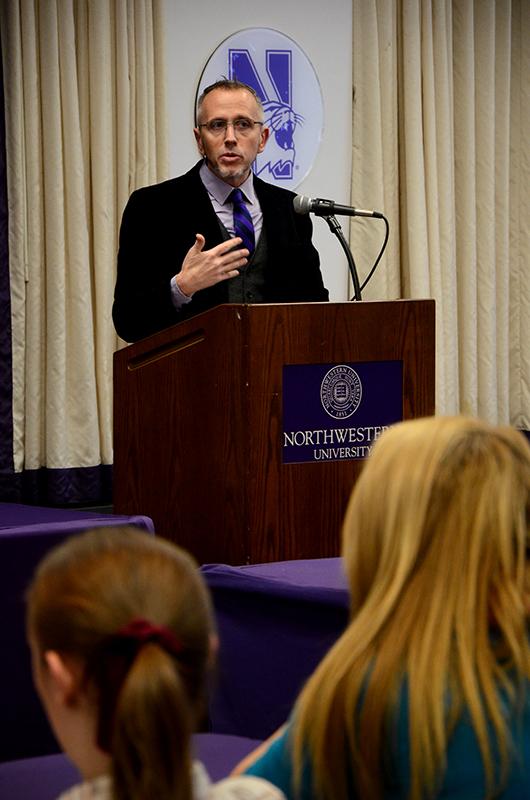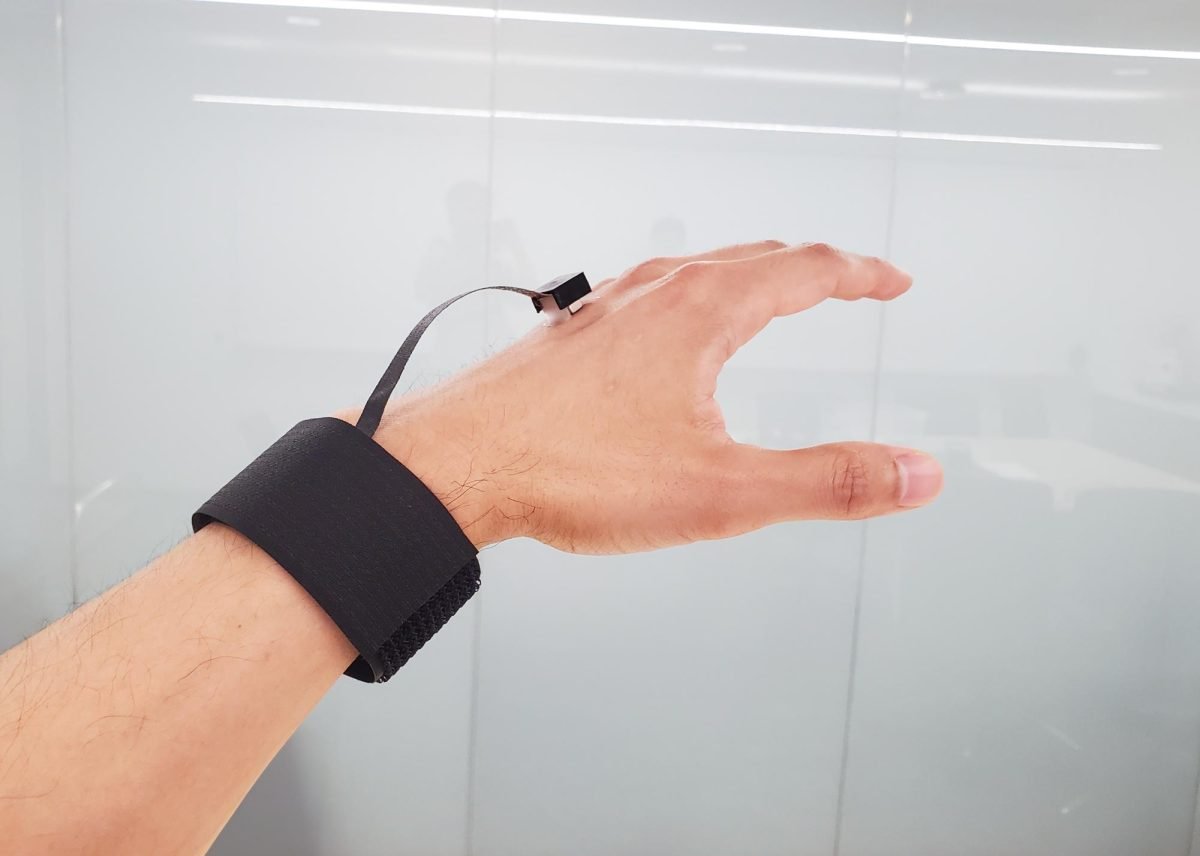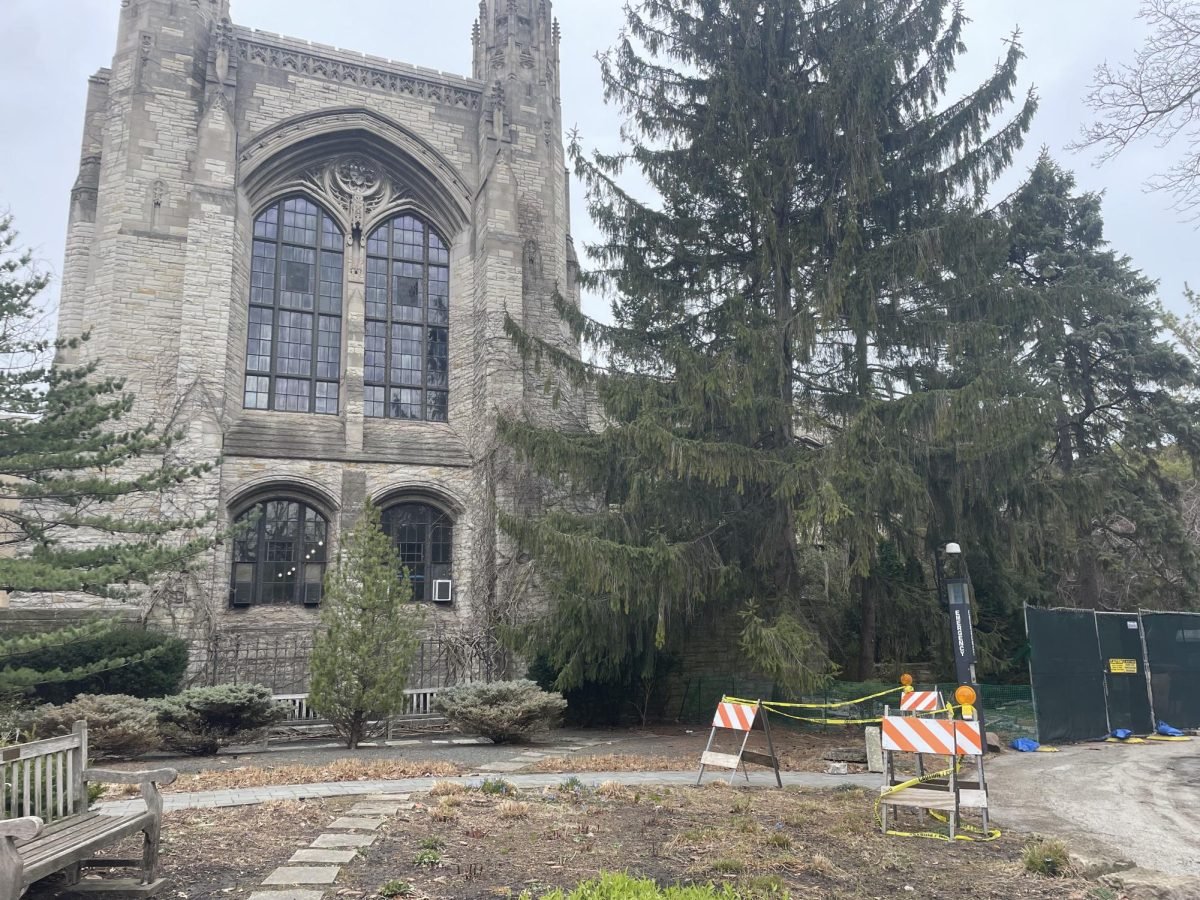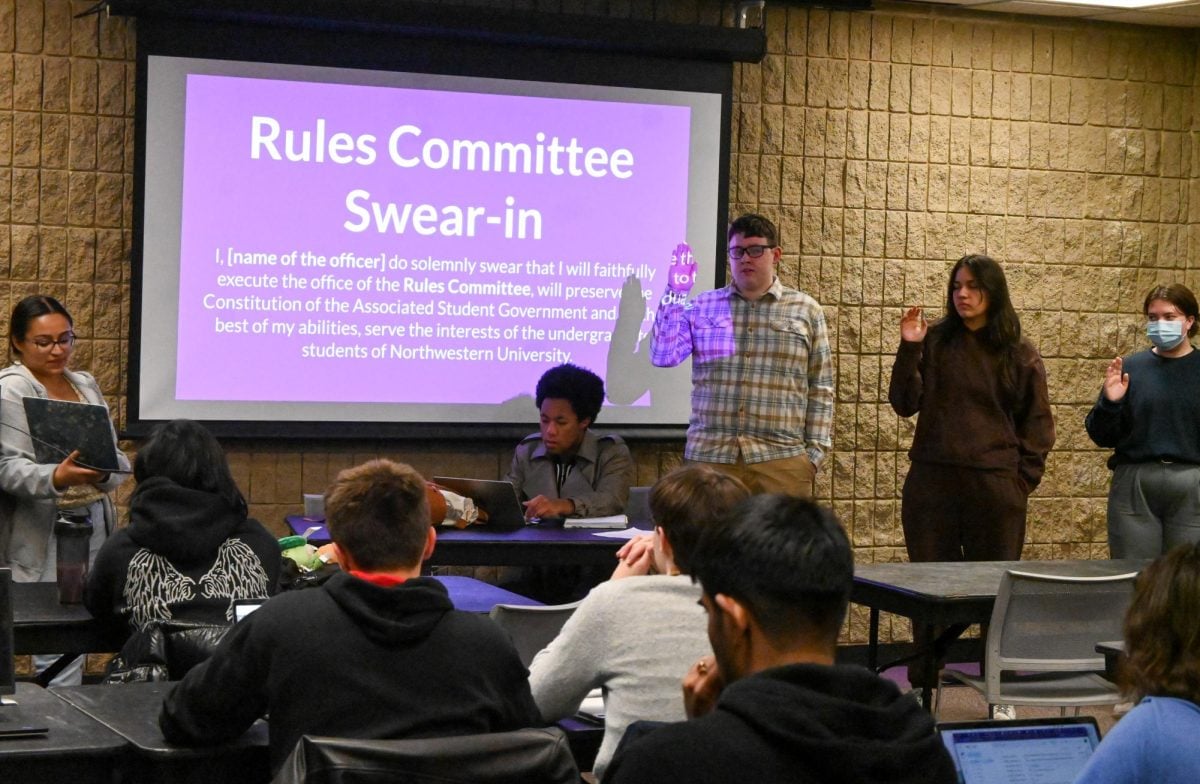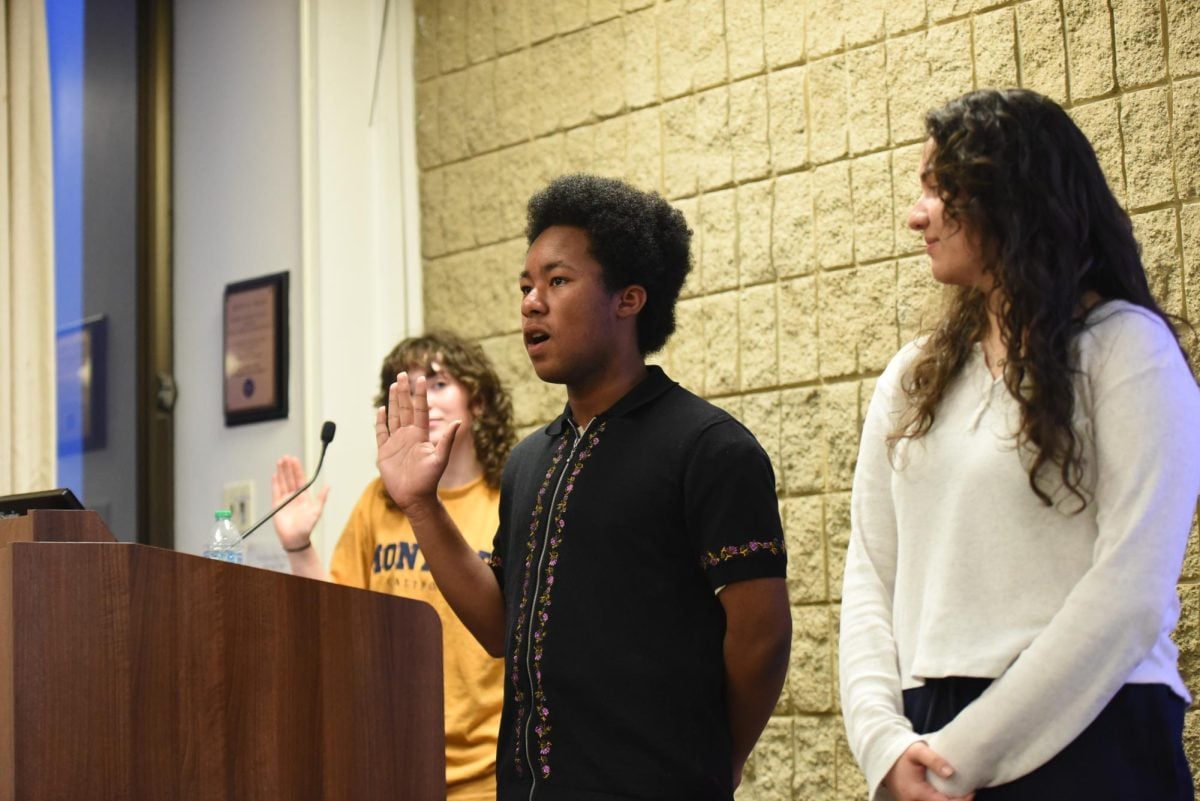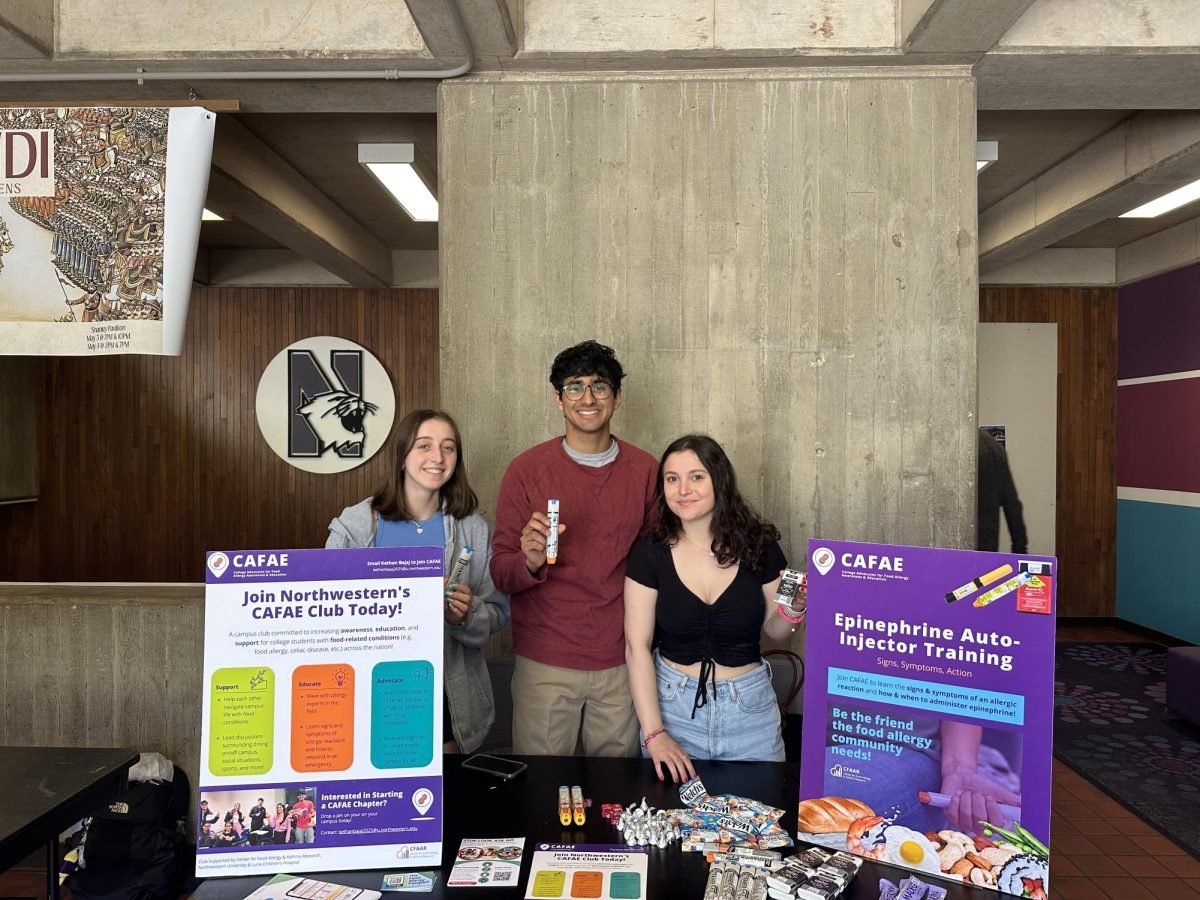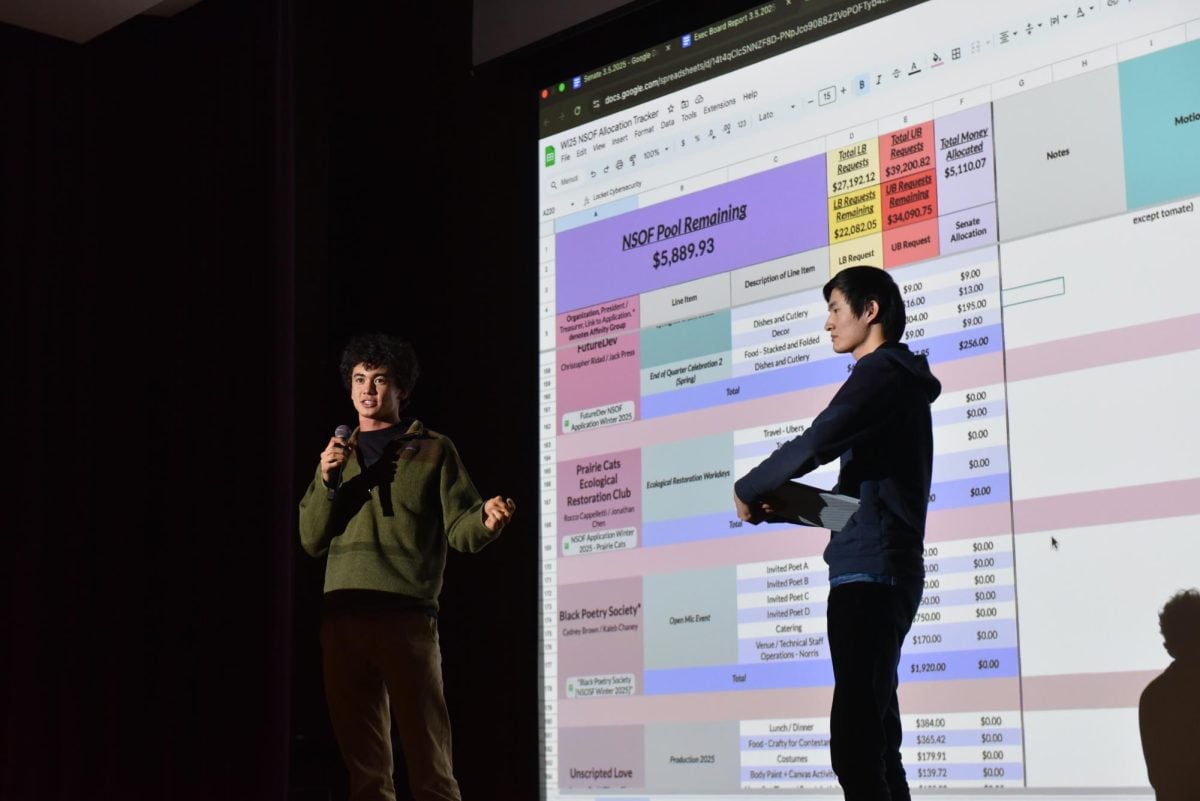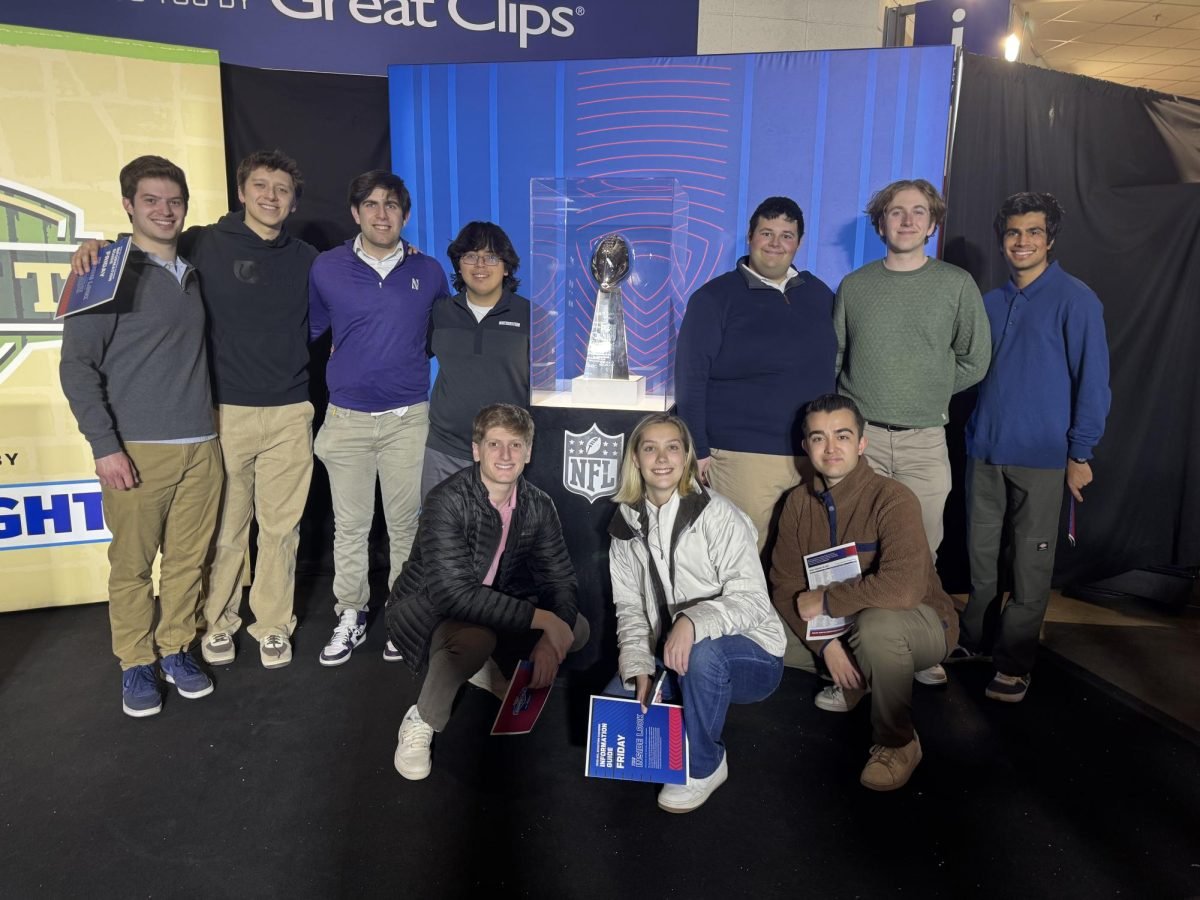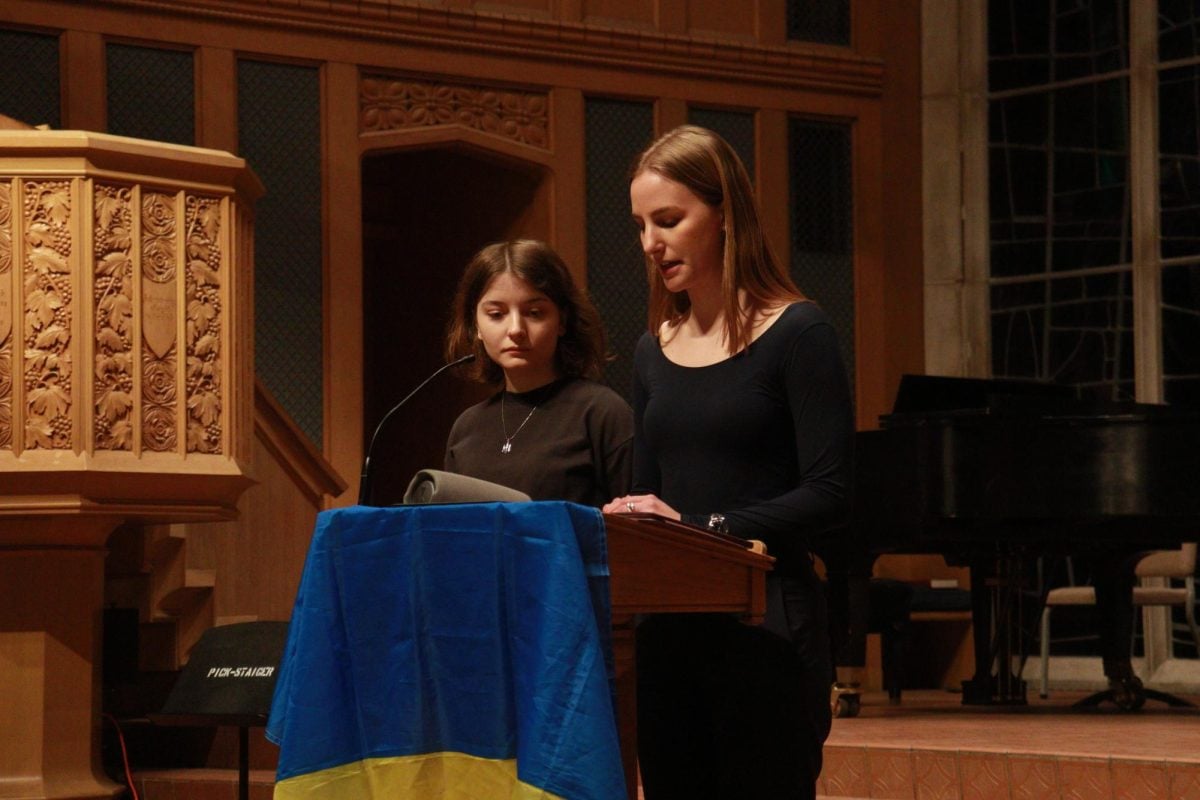After analyzing data from the last fiscal year, Associated Student Government discussed Wednesday a proposed idea that advocates say will better allocate funding to A- and B-status student groups.
Tori Zuzelo, the head of a working group that assesses student groups, said some organizations currently do not use all the money granted to them while others continuously request more.
Some B-status groups may only apply for ASG recognition — and the funding that comes with it — for publicity purposes, Zuzelo said. ASG research in the 2012-13 fiscal year showed these student groups often do not spend all of their allotted funds.
Currently, ASG caps its funding by category, allocating only a certain amount for areas such as storage, venue and sound and light costs. However, research showed some organizations need to spend more than the ASG-determined cap. Under the new proposal, ASG would work to decrease these costs, possibly by working with the administration to negotiate lower fees and purchasing commonly-rented equipment.
“We want to weed out those groups that don’t actually need the funding but expand the lower caps so the groups that actually could use that money, get that money,” Zuzelo said.
The working group will be looking more closely at how these student groups use the money allotted to them. A possible solution would be to create a middle tier between A-status and B-status groups to create an additional funding group.
John Dunkle, executive director of Counseling and Psychological Services, also updated Senate on recent CAPS initiatives, including the mental health Essential NU that debuted this year; NU Listens, a peer-listening program; and the emotional intelligence course piloted last year. Dunkle discussed the success of recent programming supported by a clear increase in the numbers of students utilizing the CAPS services.
(CAPS to form coalition to better mental health services at Northwestern)
“Last academic year we saw a 14 percent increase in number of students requesting services at our center,” Dunkle said. “So this year, I just ran some numbers today, we are on pace to beat that number. We are up 12 percent this year the same time that we were last year.”
Dunkle also said invitations will be sent out Friday to invite individuals to contribute to a campus coalition on mental health and suicide prevention, a new program comprised of students and faculty to test the efficiency of CAPS. It will incorporate a Jed Foundation survey to assess the state of campus mental health services that will take place in March.
“At the end of that, we are going to have some really clear recommendations of areas where we can approve and also some real kudos for what we’re doing really well because we are doing a lot really well,” Dunkle said.
ASG’s election commission introduced updated guidelines for the ASG presidential election and explained the timeline for the election, which will take place in the spring. Senators voiced concerns about the current guidelines and voted to wait to fully consider the proposal until next week’s meeting.
Email: rebeccasavransky2015@u.northwestern.edu
Twitter: @beccasavransky

